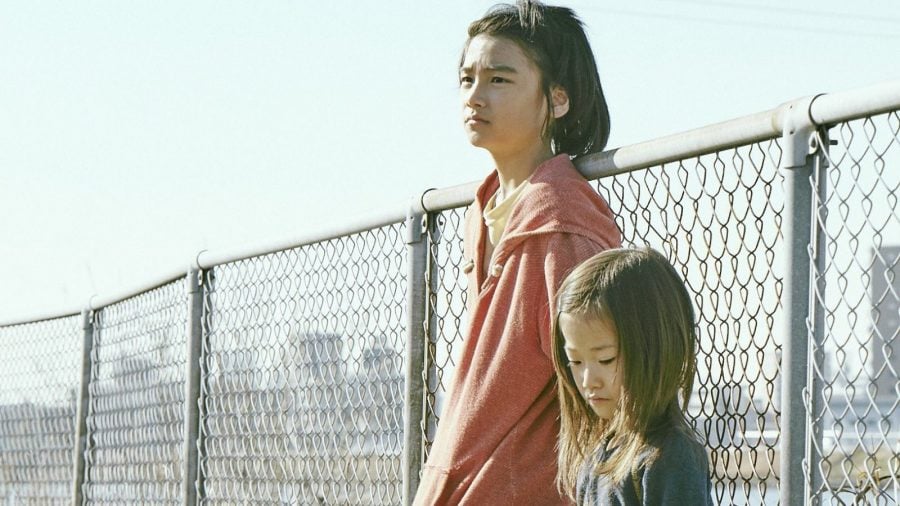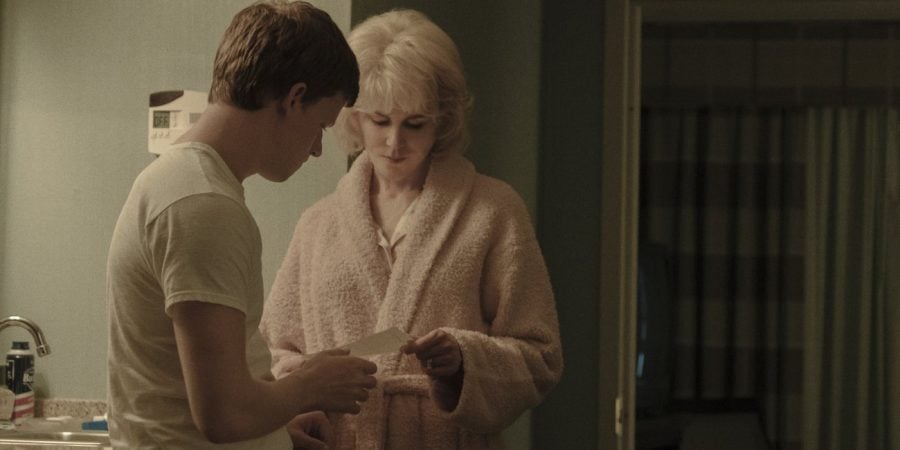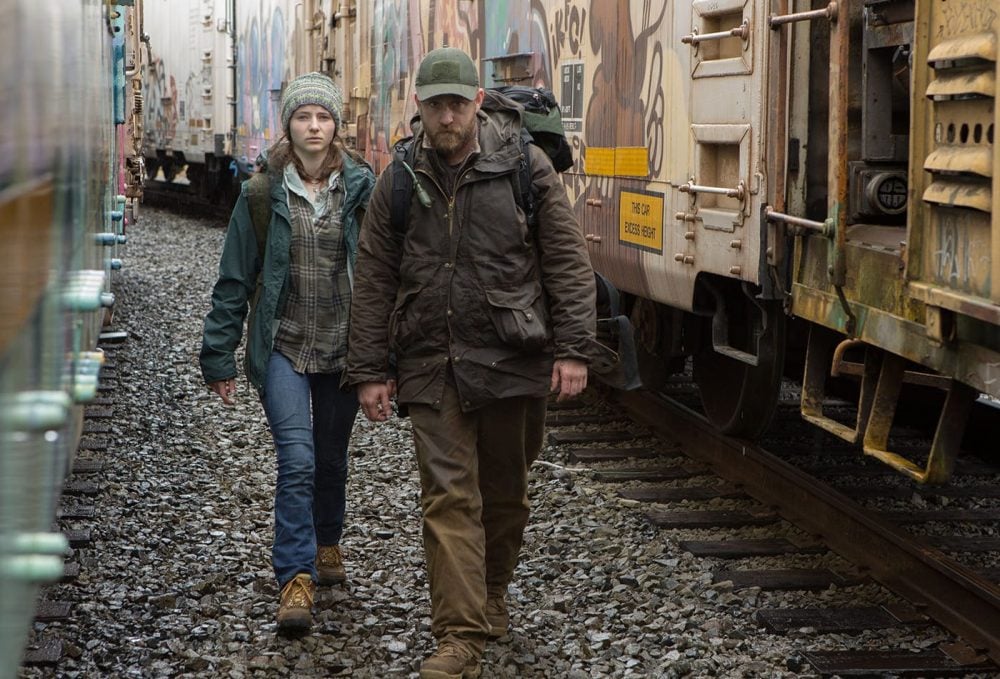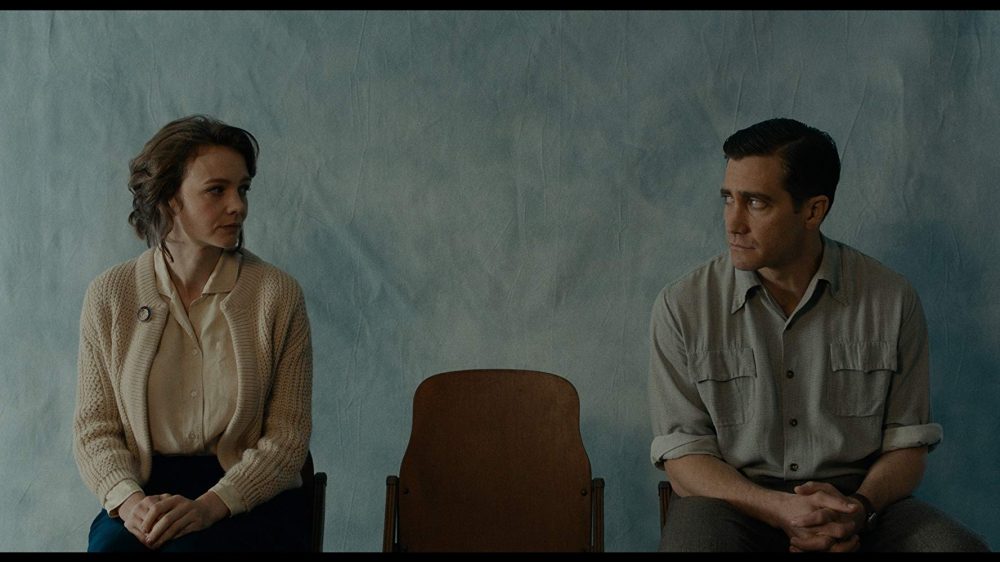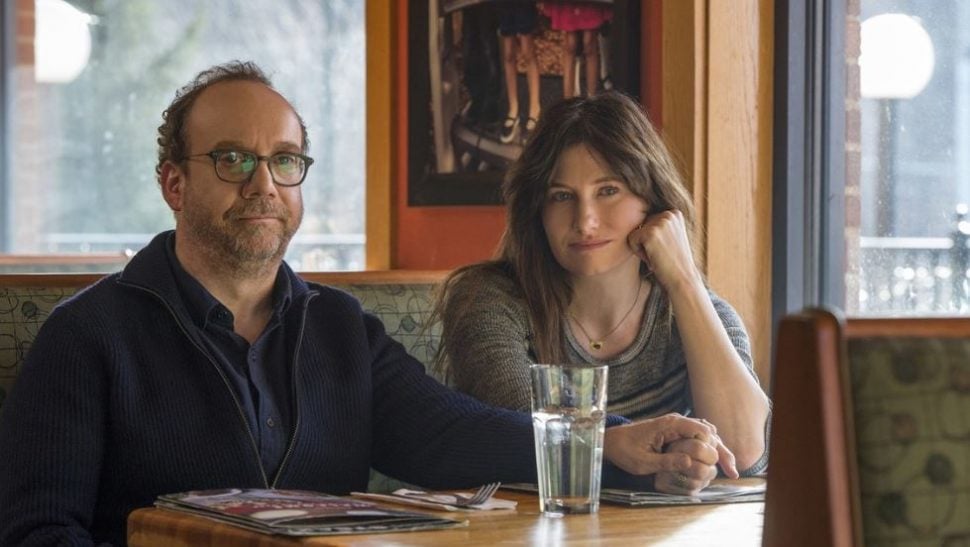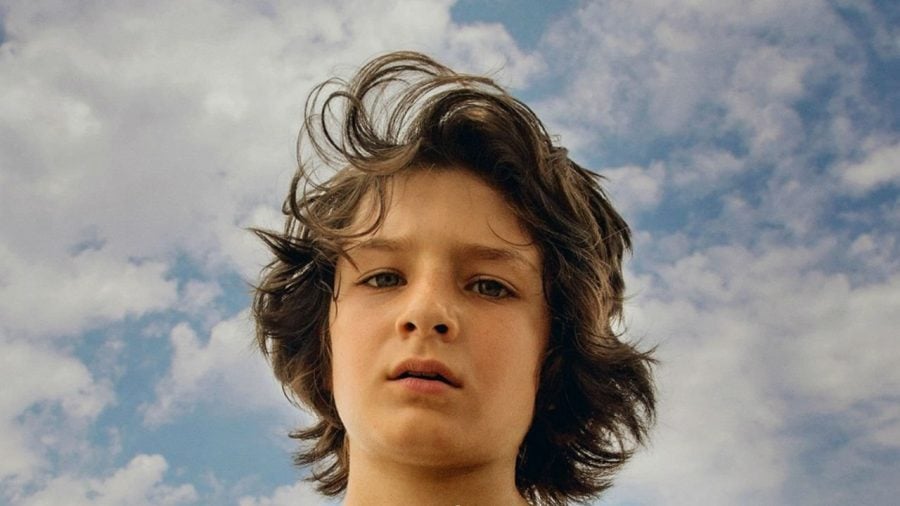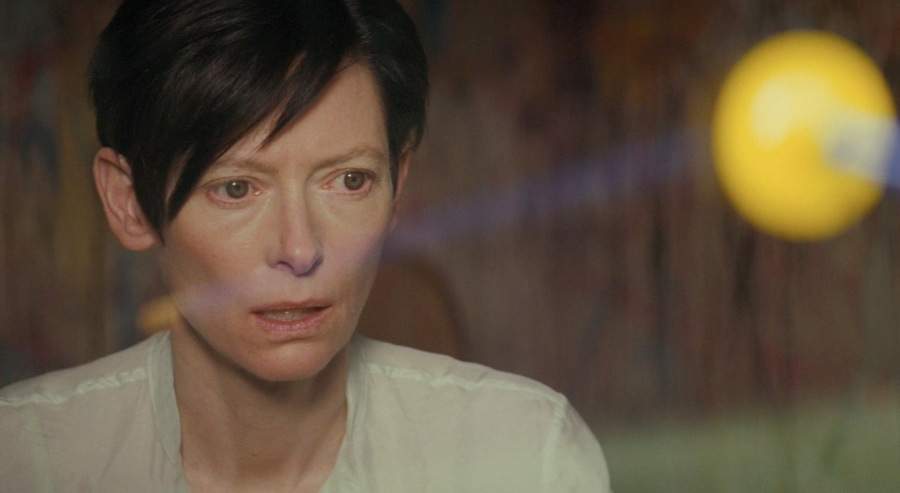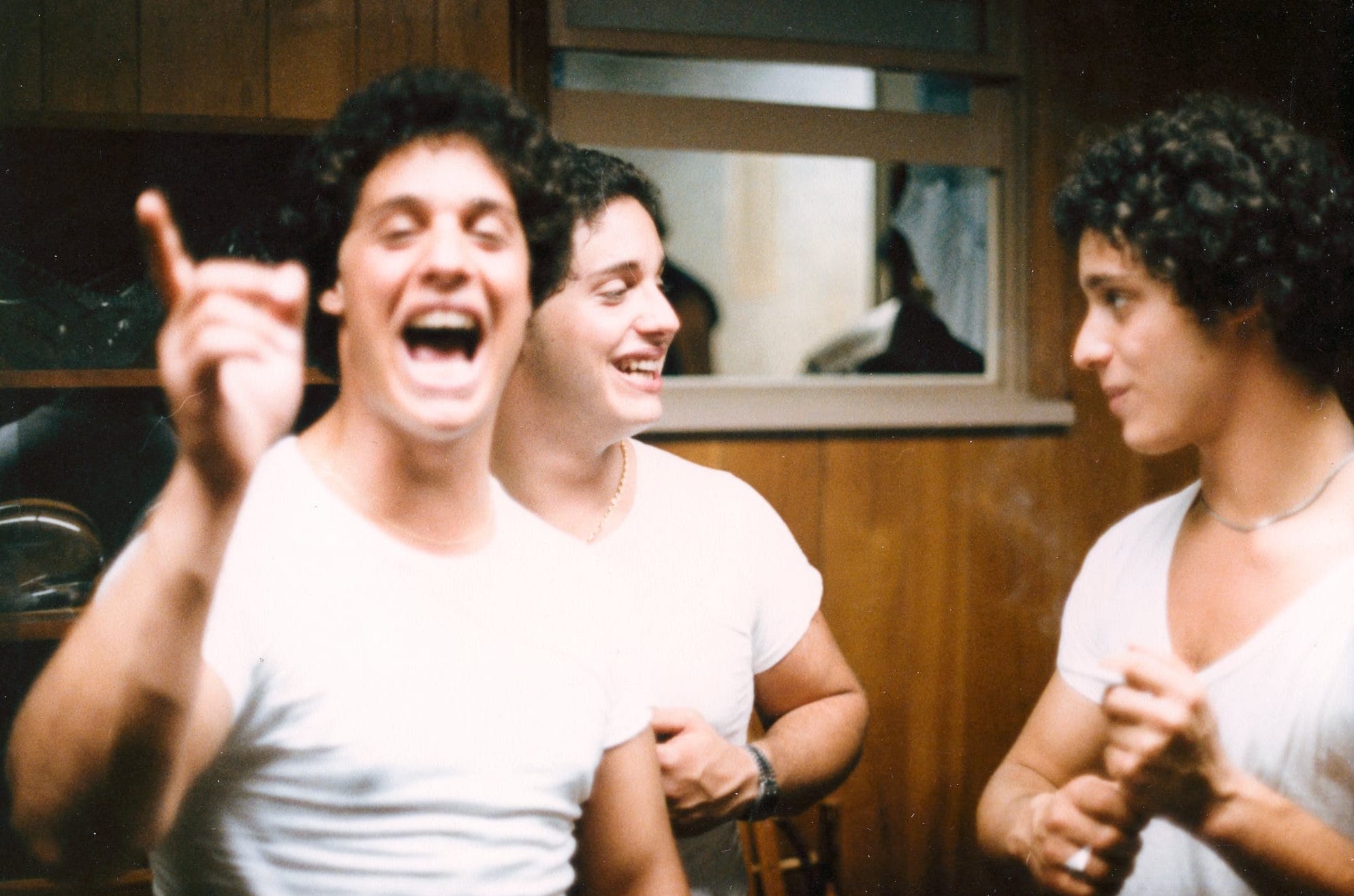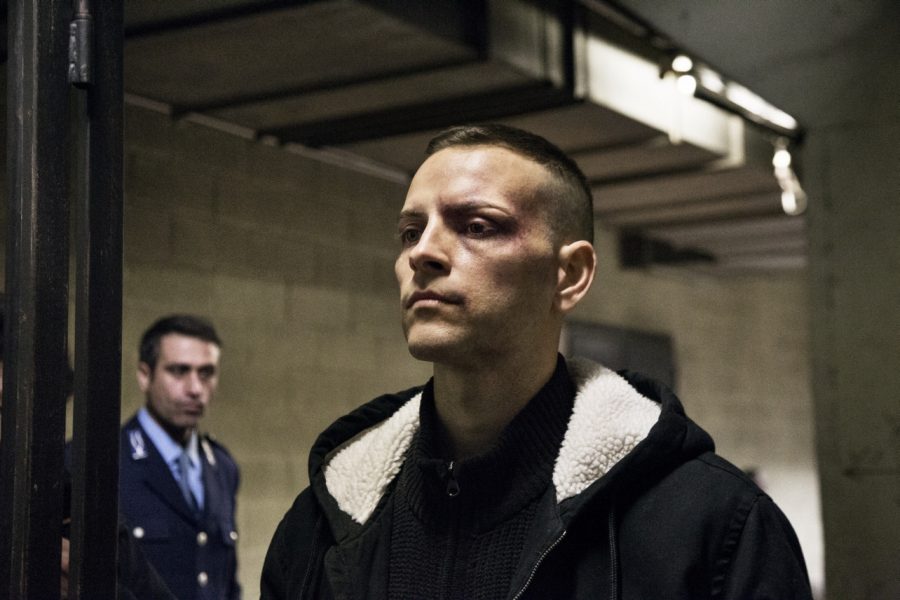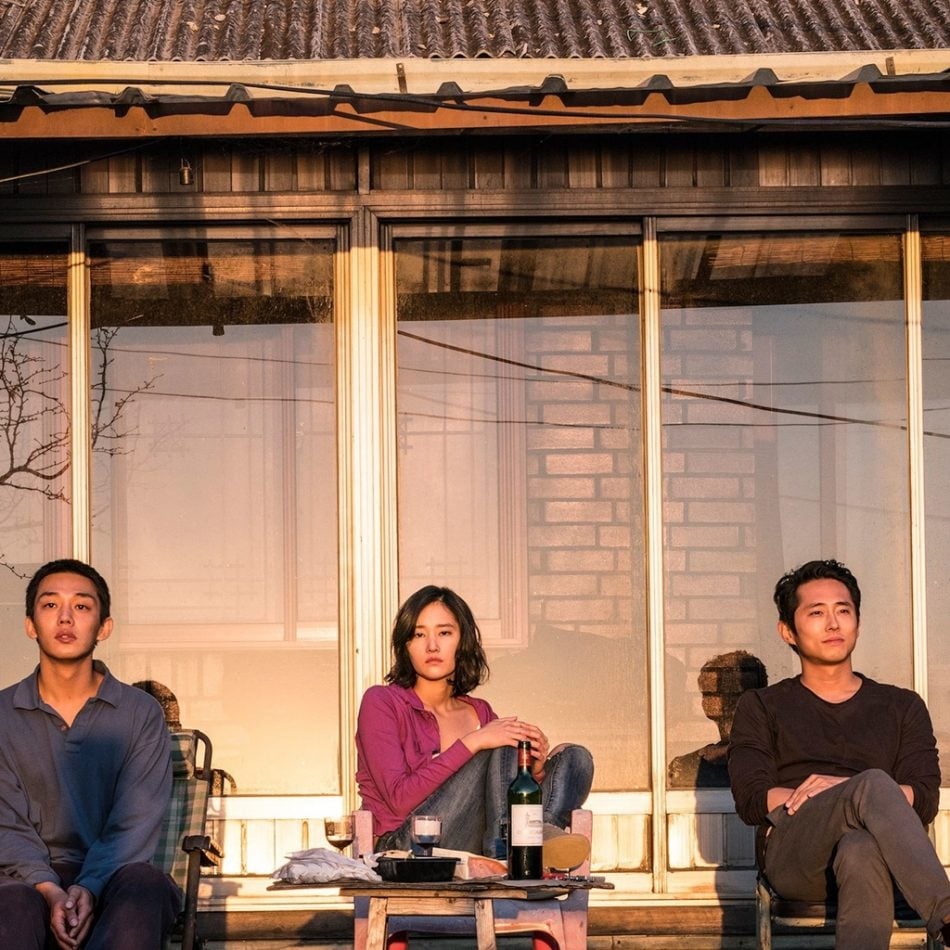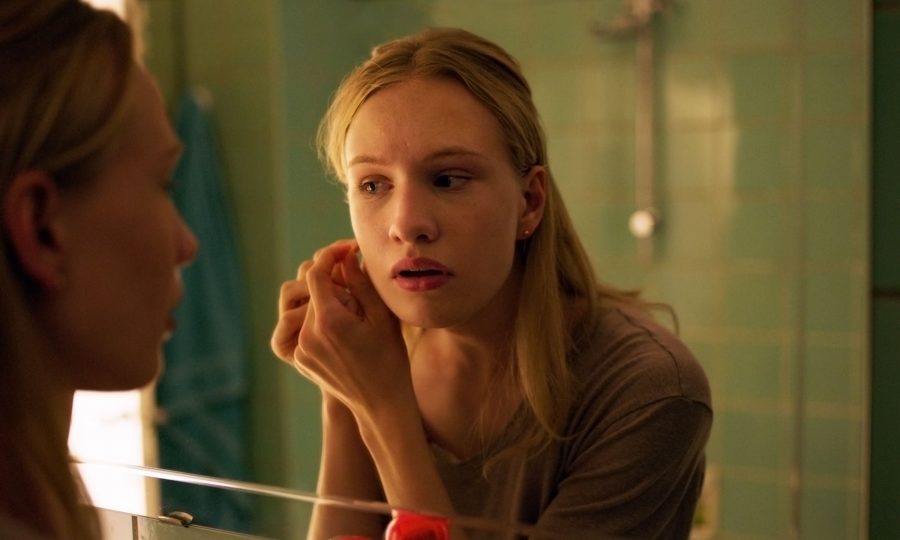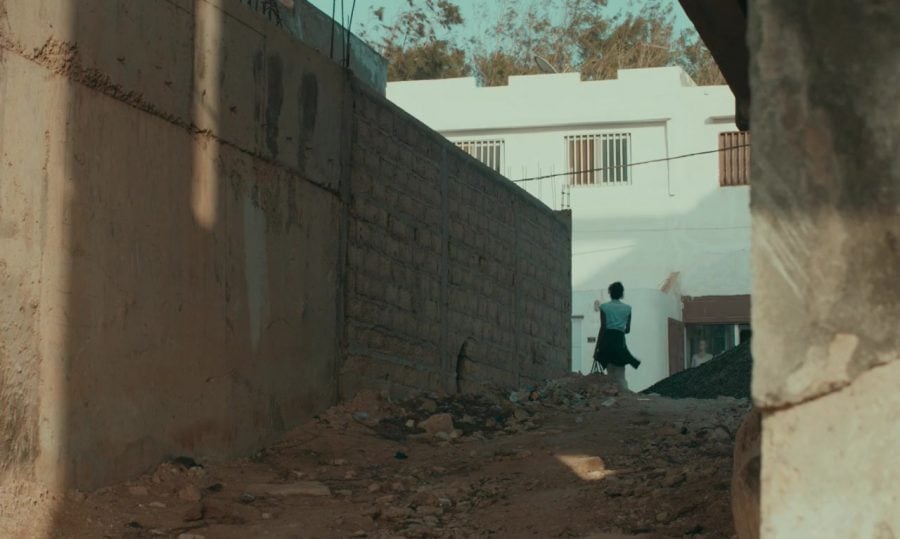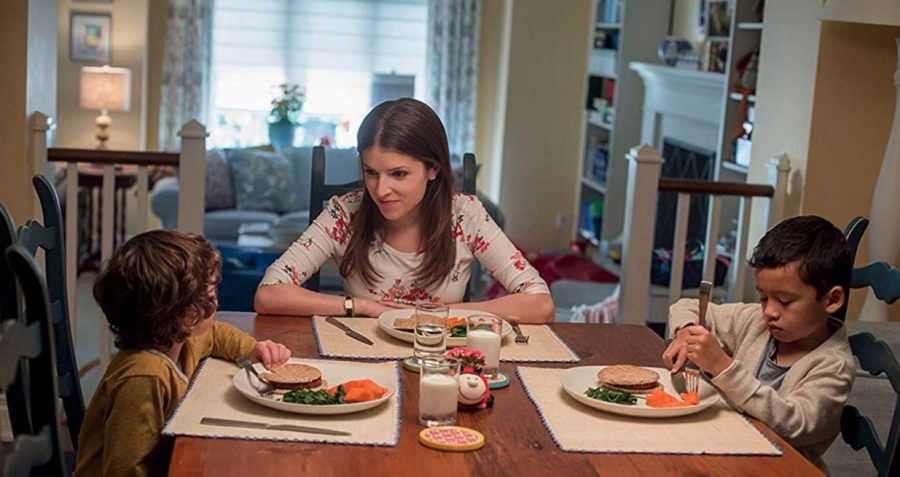The title of this 2018 Palme D'or winner is not to be taken metaphorically: Shoplifters is about a marginalized family of day workers, crooks, and small-time outlaws, who live on the fringes of Japanese society. Osamu (Lily Franky) and Nobuyo (Sakura Andô) both have jobs but spruce up their low-wage income by committing petty crimes. One day in winter, Osamu takes in a bruised girl he finds outside in the cold and introduces her to the family in his ramshackle house. But when the second-youngest member of the family, Shota (Kairi Jyo), finds himself teaching her how to shoplift, he faces a moral dilemma that threatens to unravel the family's fabric. If you were hitherto unfamiliar with the unique storytelling and social realism of Hirokazu Koreeda, we really recommend checking it out—as well as his other movies, namely, Still Walking, Like Father, Like Son, I Wish, and After the Storm. His 2018 outing features the last ever performance of Kirin Kiki, who plays the elderly matriarch and passed away that same year. Like many of Koreeda's works, Shoplifters is an understated, beautiful, and mysterious study of the effects of poverty and trauma and a delicate portrait of a family in Japan's urban underbelly.
Genre: Crime, Drama, Family, Thriller
Actor: Aju Makita, Akira Emoto, Chizuru Ikewaki, Hajime Inoue, Haruna Hori, Jyo Kairi, Kairi Jo, Kairi Jyo, Kengo Kora, Kirin Kiki, Lily Franky, Mayu Matsuoka, Miyu Sasaki, Moemi Katayama, Nana Mizoguchi, Naoto Ogata, Sakura Andô, Sosuke Ikematsu, Yoko Moriguchi, Yuki Yamada, 山田裕貴, 松冈茉优, 蒔田 彩珠
Director: Hirokazu Kore-eda, Hirokazu Koreeda

